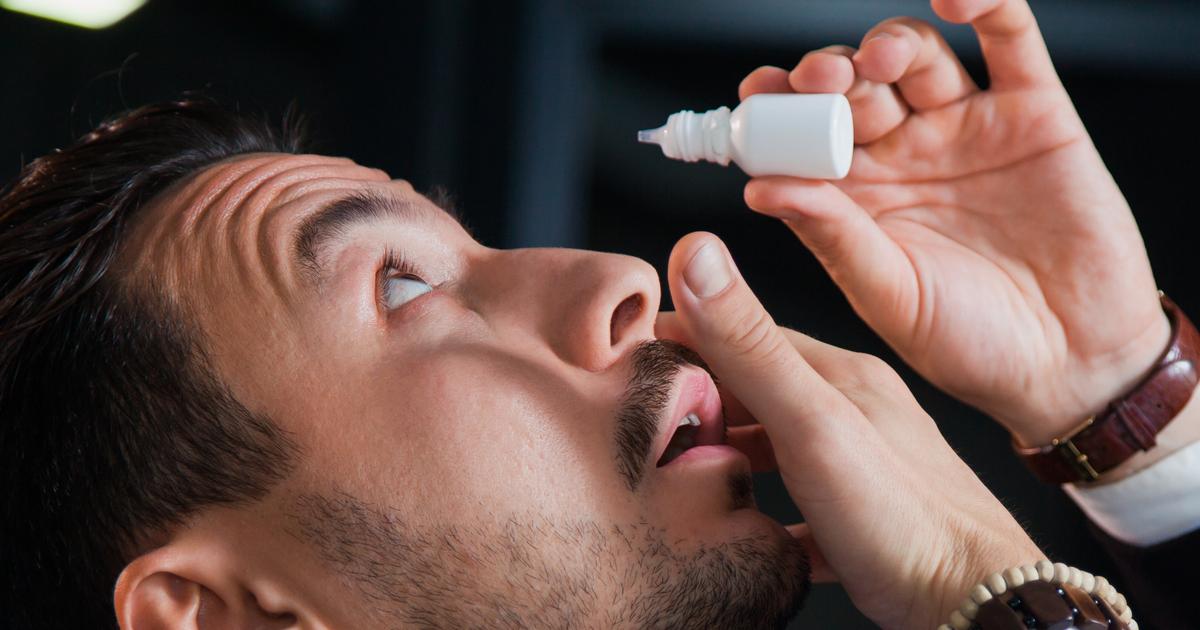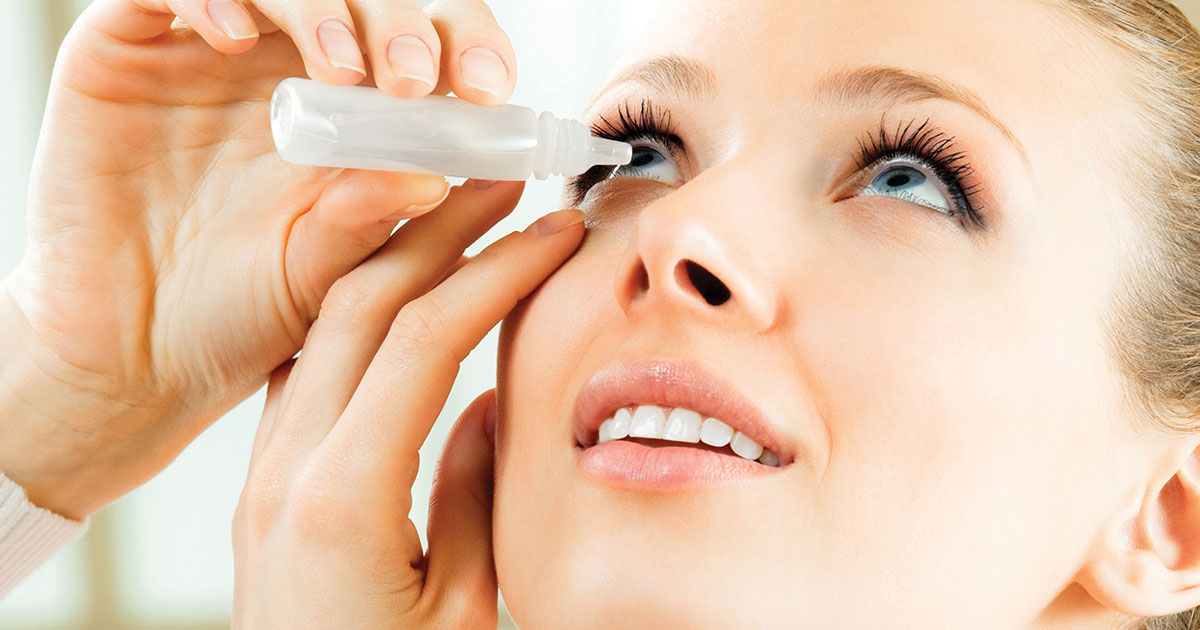Dry Eye Treatments That Optometrist's Don't Want You To Know
Producing tears is a normal bodily function. Individuals often cry in response to something sad happening or even because they are happy. There are also individuals out there who cry when they are quite angry! However, sometimes individuals are unable to cry and produce tears when they need to. This prevents the tears from adequately lubricating and nourishing the eyes, often resulting in dry, itchy eyes. This condition can be quite serious, as tears are crucial for maintaining the health of the eyes and ensuring individuals have clear vision. When individuals suffer from dry and itchy eyes, they need to get treatment started as soon as possible.
Over-The-Counter Artificial Tears

Individuals can have dry and itchy eyes for a variety of reasons, including a lack of natural tears. The aging process can lead to less lubrication in the eyes from tears, or individuals may have allergies that cause itchy and dry eye conditions. Fortunately, there are numerous types of over-the-counter artificial tears. These products typically come in tiny bottles most individuals can easily carry in a pocket, handbag, or briefcase so they can make use of them at any point during the day. Individuals who want to treat their dry and itchy eyes with artificial tears should be sure to follow the directions on the exact product they purchase, unless their doctor directs them otherwise, to avoid any potential side effects as much as possible.
Eye Drops For Allergies

When individuals visit a local or online drugstore, they can find a variety of eye drops formulated for alleviating allergy symptoms that affect the eyes and consequently, vision. Individuals with allergies to pet dander, pollen, household dust, or countless other irritants that cause them to deal with itchy or dry eyes can benefit from allergy eye drops. Before using the eye drops for allergies, affected individuals should make sure to read the directions concerning the number of times they should use the eye drops each day, along with how many drops in one of these uses. This will ensure the eye drops achieve their maximum possible effectiveness without causing side effects as much as possible.
